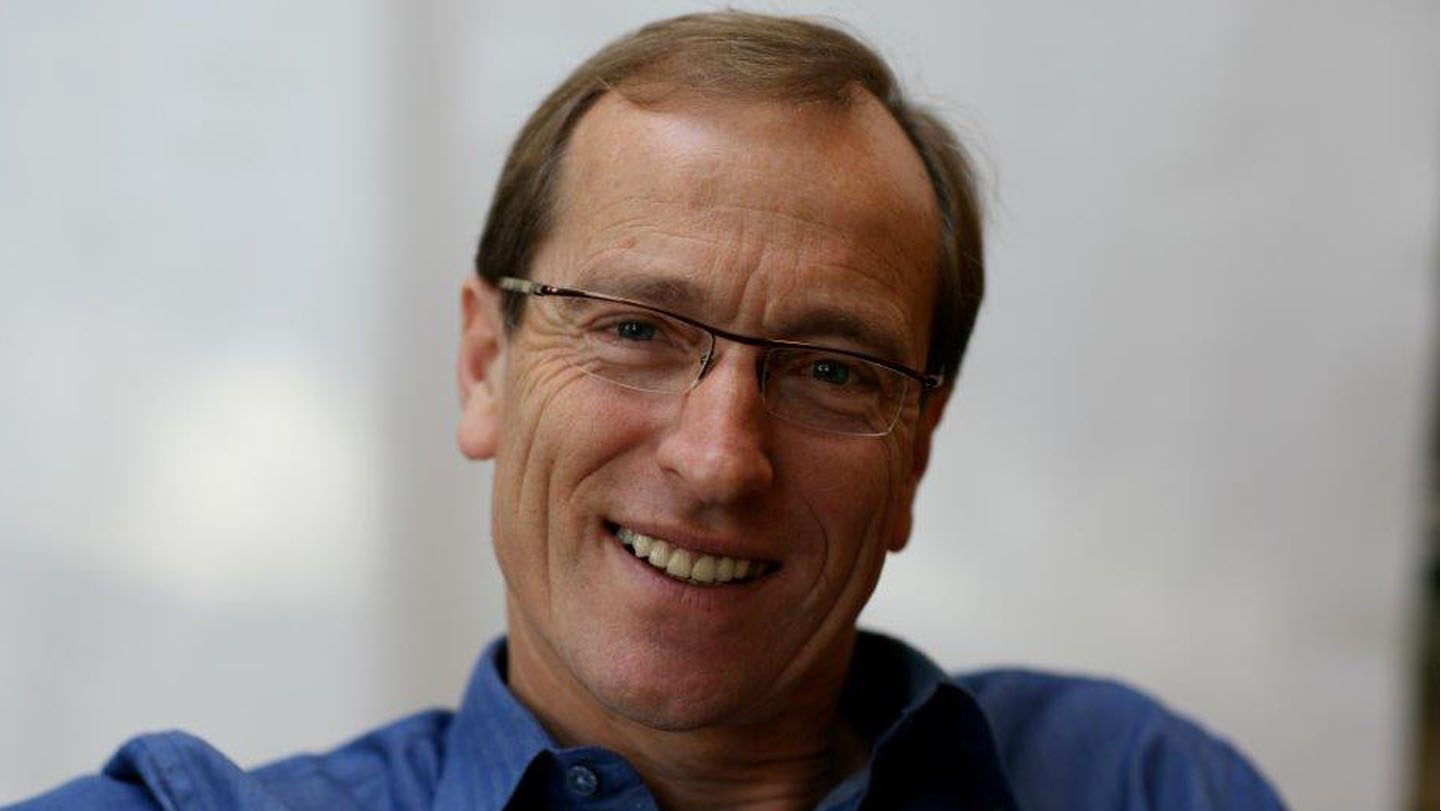‘Degrowth is a planned reduction of energy and resource use designed to bring the economy back into balance with the living world in a way that reduces inequality and improves human well-being’. Jason Hickel, Author of Less is More
Last week, experienced chair Heather Tierney-Moore was asked if she had any golden rules for boards. She replied:
‘Spend more time thinking about the future than looking back at performance.’
How can boards do that well? Here is a question for future-oriented boards. Have you thought about the challenges that the ‘degrowth’ agenda brings? However you feel about degrowth, do you understand the analysis and implications? Have you thought what risks this might suggest for the company? And what opportunities?
The label ‘degrowth’ is off-putting to many and potentially misleading. That’s why economists like Kate Raworth don’t warm to it.
She sums up its meaning simply in two propositions:
- We have an economy that needs to grow, whether or not it makes us thrive.
- We need an economy that makes us thrive, whether or not it grows.
The board could do worse than plan two programmes of discussion about the future, one on each sentence.
1. We have an economy that needs to grow, whether or not it makes us thrive.
Only last week I was defending what I see as a precious by-product of capitalism: it is a system within which entrepreneurs can thrive by their own efforts and merits. ‘Thinking like an owner’, I argued, is a precious asset in a society and it flows from our capitalist market economy.
This week I’ve been debating this with members of the degrowth community. They have responded by pointing to these comments by Jason Hickel:
“What makes capitalism distinctive isn’t that it has markets, but that it is organised around perpetual growth; indeed, it is the first intrinsically expansionist economic system in history. It pulls ever-rising quantities of nature and human labour into circuits of commodity production. And because the goal of capital is to extract and accumulate surplus, it has to get these things for as cheap as possible. In other words, capital works according to a simple, straightforward formula: take more – from nature and from labour – than you give back.”
Degrowth advocates argue that the market economy and the entrepreneurial spirit existed before capitalism and was not created by capitalism; to understand capitalism you have to go back to the origins of money. American economist Josh Farley describes two kinds of money – vertical money that created by governments, and horizontal money created by the banks. 95% of money in our system is created by the banks. Banks lend money on the principle that not everyone will come calling for their deposits at the same time (fractional reserve banking). Where this lending fuels productive activity it creates a healthy growth in companies. Interest comes back to those banks from their loans, adding to their deposits and creating more opportunity to lend and profit from lending.
But what if instead of this lending going into productive activity, it goes into speculation and asset bubbles? Then at some point – as happened in 1929 and 2008 – there is a reckoning; asset values fall; everyone wants their money from the bank at the same moment. The government is expected to clear up the mess.
And that’s not all. What if these inherent banking and financial risks are now likely to be compounded by the climate crisis?
What if the productive activity that is fuelled by the bank’s lending exceeds the health, environmental and ecological limits of our planet? What if it stretches the envelope to bursting, as has happened with the deaths caused by air pollution, soil and ocean contamination, bio-diversity loss and global warming? What if we are approaching some form of reckoning, under which essential components of human wellbeing are destroyed along with some of the infrastructure on which further economic growth depends.
Economists such as Jason Hickel emphasise that they are not opposed to all forms of economic growth. They are against what they call ’growthism’. Humans grow until we ‘grow up’. As healthy adults we reach equilibrium. When we experience uncontrollable growth it is called cancer. Communications strategist Paddy Loughman suggested in our recent discussion that this economic ‘growing up’ means arriving at an appreciation of ‘plenty’ – a term that simultaneously implies abundance and sufficiency.
This would mean that we become selective about the kind of companies that grow, and pro-active in bringing about the merciful demise of companies whose activities are incompatible with these limits. That would add a new chapter to good corporate governance.
We need an economy that makes us thrive, whether or not it grows
Companies will need to ask themselves what are the implications for them. Every board, as part of developing its board mandate, would need to confront Kate Raworth’s second proposition and ask itself:
Are we involved in economic activity that helps human beings thrive? If not, what are we planning to do about it? If we leave things as we are we are working against human thriving: are we proud of that? And how long will government and public opinion allow us to continue?
Companies will soon need to be able to determine whether they can genuinely say their activity contributes to human flourishing. If their answer is, even in part, no, then it is time to develop a plan for transition.
Mark Goyder is the Founder of Tomorrow’s Company and Senior Advisor to the Board Intelligence Think Tank. He is the co-author, with Ong Boon Hwee, of Entrusted – Stewardship For Responsible Wealth Creation, published by World Scientific.
